Venezuela's Guaido Sees Appeal Waning Even At Home
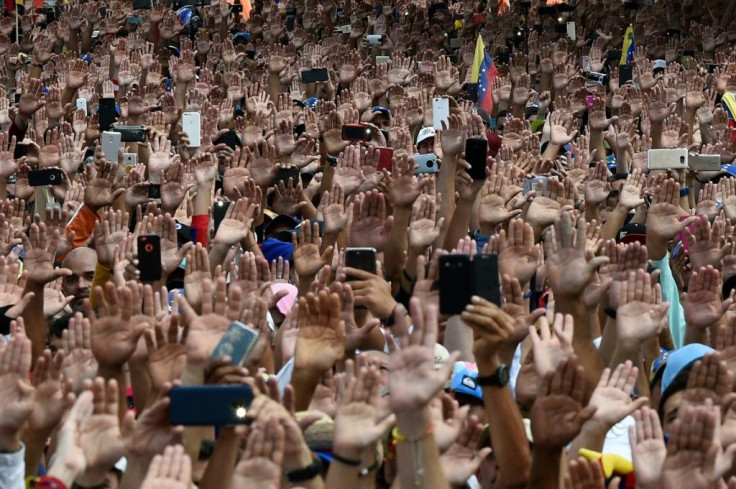
For supporters in his home region, Juan Guaido embodied the hopes of a nation seeking to emerge from political and economic crisis, but a year after declaring himself interim leader, locals are still confronted by the "hopelessness" of life under President Nicolas Maduro.
The momentum that brought thousands of people onto the streets and pushed Guaido tantalizingly close to toppling the socialist leader has largely fizzled out -- even, it seems, in his hometown.
Despite presiding over the economic collapse of his oil rich nation, Maduro -- labeled a dictator by the United States, his Latin American neighbors and more than a score of other countries who recognize Guaido as interim president -- is still in charge, defying a growing list of US and EU sanctions.
Guaido's failure to overthrow him has left his home village of Caraballeda nursing a sense of "despair" and "lethargy," said Maria Belen Alcantara, assistant head of his old Los Corales school.
Sitting among the mango trees around her patio, Alcantara, 63, says she gets upset when she hears people "speaking badly" of a man she has known "since he was a pichurrito" -- a little boy.
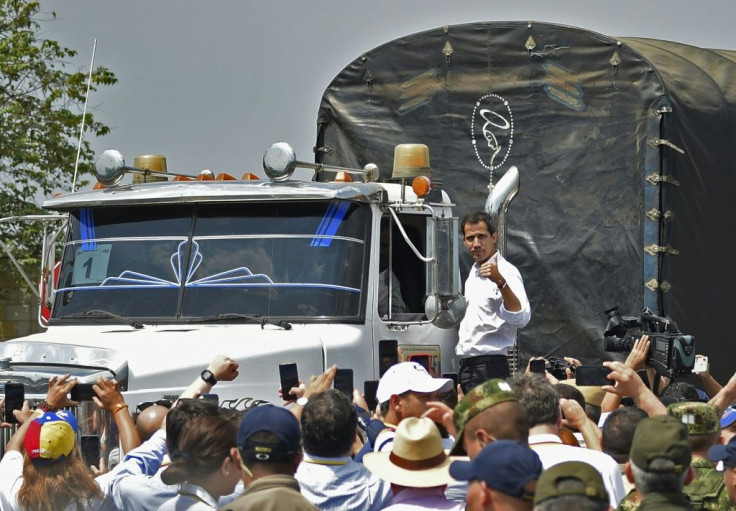
A year ago on January 23, parliament speaker Guaido heaved himself onto a platform in downtown Caracas and proclaimed himself acting president, saluted by a triumphant crowd.
In the months that followed he brought tens of thousands of supporters, angered by hyperinflation, food and medicine shortages under Maduro, onto the streets countrywide.
"We thought everything would happen!" Alcantara said, remembering the excitement of the moment.
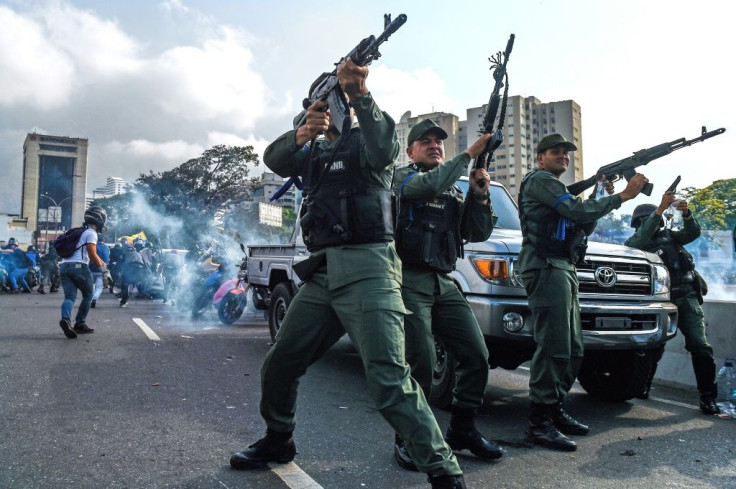
Here in Guaido's home state of La Guaira on the shores of the Caribbean, an hour's drive from Caracas, it's hard not to sense the disappointment of people who once felt themselves on the cusp of toppling Maduro.
"Sometimes, the mood wanes," concedes Franklin Marin, head of the local branch of Guaido's Popular Will party.
But Marin, 62, says he still has "faith" in Guaido's ability to get the job done. "I still believe in him," he says.
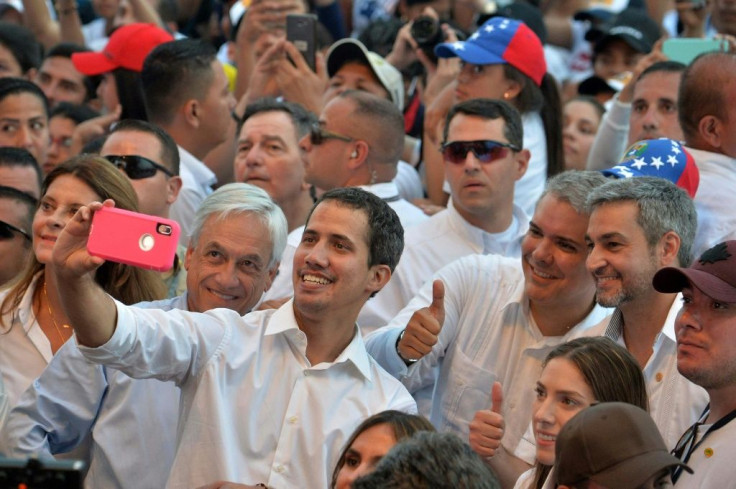
Marin remembers Guaido's first steps as a politician, when the engineer by training stood in local elections for the first time.
"When we started, there were four of us roaming the neighborhoods," canvassing for votes from house to house.
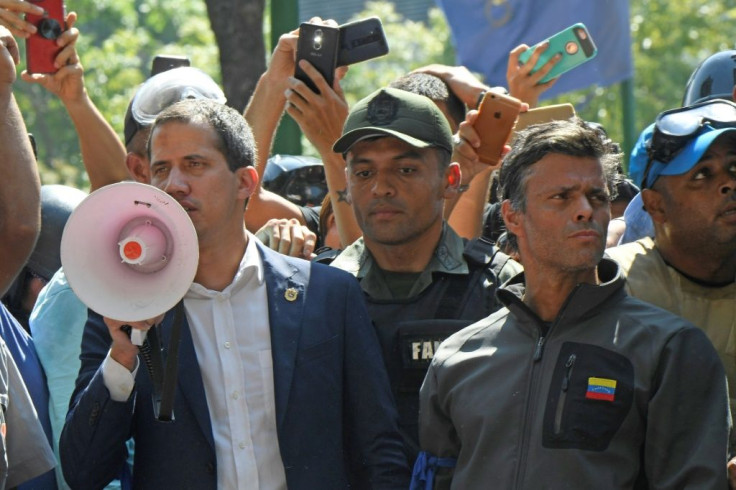
"People encouraged him, chanting 'Guaido! Guaido!' They didn't know his name other than that, but we were growing."
Guaido himself has acknowledged the ebbing away of momentum that in the tumultuous early months of massive street protests had seen him on the verge of ousting Maduro.
Seeing his own personal ratings plummet from 63 percent to under 40 percent, he asked supporters for "a second chance" last month, bidding to revive the mass protests.
But only a few hundred turned out to a protest in Caracas that was intended to be the showpiece of the opposition revival.
It added to a growing list of setbacks. On February 23, Guaido and Colombian President Ivan Duque fronted a highly publicized effort to break a border blockade to deliver stockpiled international aid.
Maduro rejected the aid on the grounds that it would precede a US invasion and his troops repulsed volunteer efforts to carry it across the border.
An audacious call for an army uprising on April 30 fell embarrassingly flat, and a ruthless Maduro crackdown saw a wave of arrests of key opposition figures.
Others have fled into exile in neighboring Colombia, joining the biggest exodus of refugees in Latin American history, with more than 4.5 million fleeing the country.
Crucially, Maduro retains the support of China, Russia and the Venezuelan armed forces chiefs -- the cornerstone of the political system.
Internationally, Guaido can still count on solid support. US Secretary of State Mike Pompeo reiterated Washington's backing this week, and on Tuesday Guaido -- defying a travel ban -- was greeted in London by British Prime Minister Boris Johnson.
But at home, frustration is growing, even among his own supporters.
"We have to be honest. I think it's time to review what we are doing," said Jose Miguel Rodriguez, a thin 25-year-old lawyer who worked on Guaido's campaign when he was elected deputy in the strongly socialist region in 2015.
Guaido is demanding new presidential elections. But the only polls on the horizon are legislative ones, with the government confident it can recover the opposition-dominated National Assembly and eat into Guaido's support base.
The opposition is fragmented, and has yet to decide whether it will even participate, prompting Rodriguez to lament: "We are falling back into the same dilemma."
© Copyright AFP 2024. All rights reserved.




















